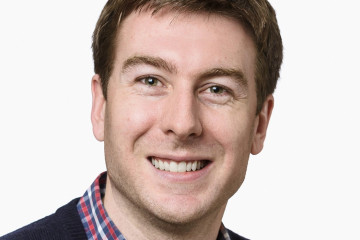PhD Studentship
Novel in vitro endometrial scaffolds to investigate embryo implantation and early development

At a glance
In progress
Award date
October 2024 - September 2027
Grant amount
£135,000
Principal investigator
Dr Peter Rugg-Gunn
Co-investigator(s)
Institute
Babraham Institute Cambridge
R
- Replacement
